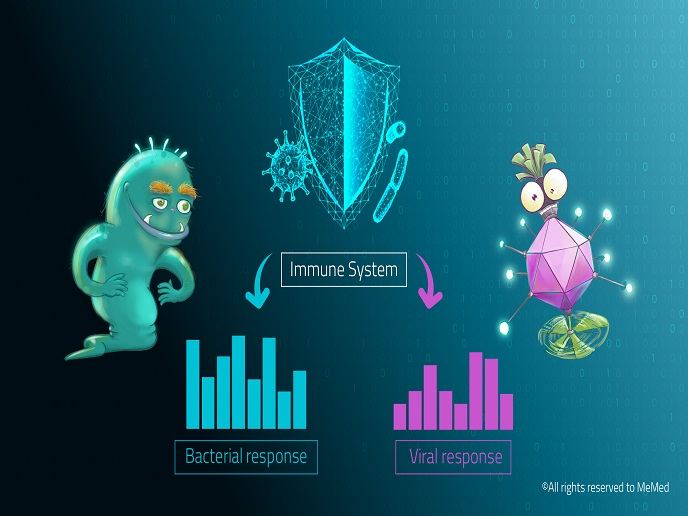Validating outcomes in health technology assessments
The EU-supported 'European consortium in healthcare outcomes and cost-benefit research' (ECHOUTCOME)(opens in new window) project was initiated to assess the methodological properties of health care outcomes and cost–benefit tools currently used in health care systems for decision making. The scientific validity of these HTA tools and their impact on decision making in European health systems organisations was evaluated to provide guidelines on their use. In countries like Australia, Canada and the United Kingdom, "cost-utility" expressed in cost/QALY has been proposed as "cost-effectiveness" reference case in HTA (generating confusion between the two different concepts cost-utility and cost-effectiveness). However in Germany and the United States cost/QALY is prohibited for health decision making, enriching an international controversy about the relevance, the scientific validity and the ethical impact of such approach. The ECHOUTCOME consortium has tested the validity of the theoretical assumptions of the QALY indicator using both experimentation and mathematical demonstration. The experiment involved 1 361 subjects from Belgium, France, Italy and the United Kingdom. Their preferences in terms of time duration and health states did not correlate with the assumptions of the QALY indicator, proving its invalidity in decision making. In addition, mathematical demonstrations established that divergent results could be derived from same dataset. These kinds of inconsistencies in HTA tools can lead to flawed health decision making in European health systems. Multi-criteria comparisons of health systems in Europe revealed the need for education on basic HTA concepts for all stakeholders, such as government, academia and industry. ECHOUTCOME recommends the ban on the use of the QALY indicator in HTAs. To increase the robustness of HTAs, it was also recommended that a clear distinction be made between cost–benefit, cost effectiveness and cost–utility analyses. Considering that most of HTA investigate specific disease areas, robust cost effectiveness analyses could be expressed in clinically meaningful ratios such as costs per relevant clinical outcome. The ECHOUTCOME consortium suggests to develop and adopt innovative HTA methodologies that optimise decision making and improve patient outcomes through timely access to health care resources. Results have been disseminated via the project website, at international congresses and conferences, and through European media, presentations and scientific manuscripts.







